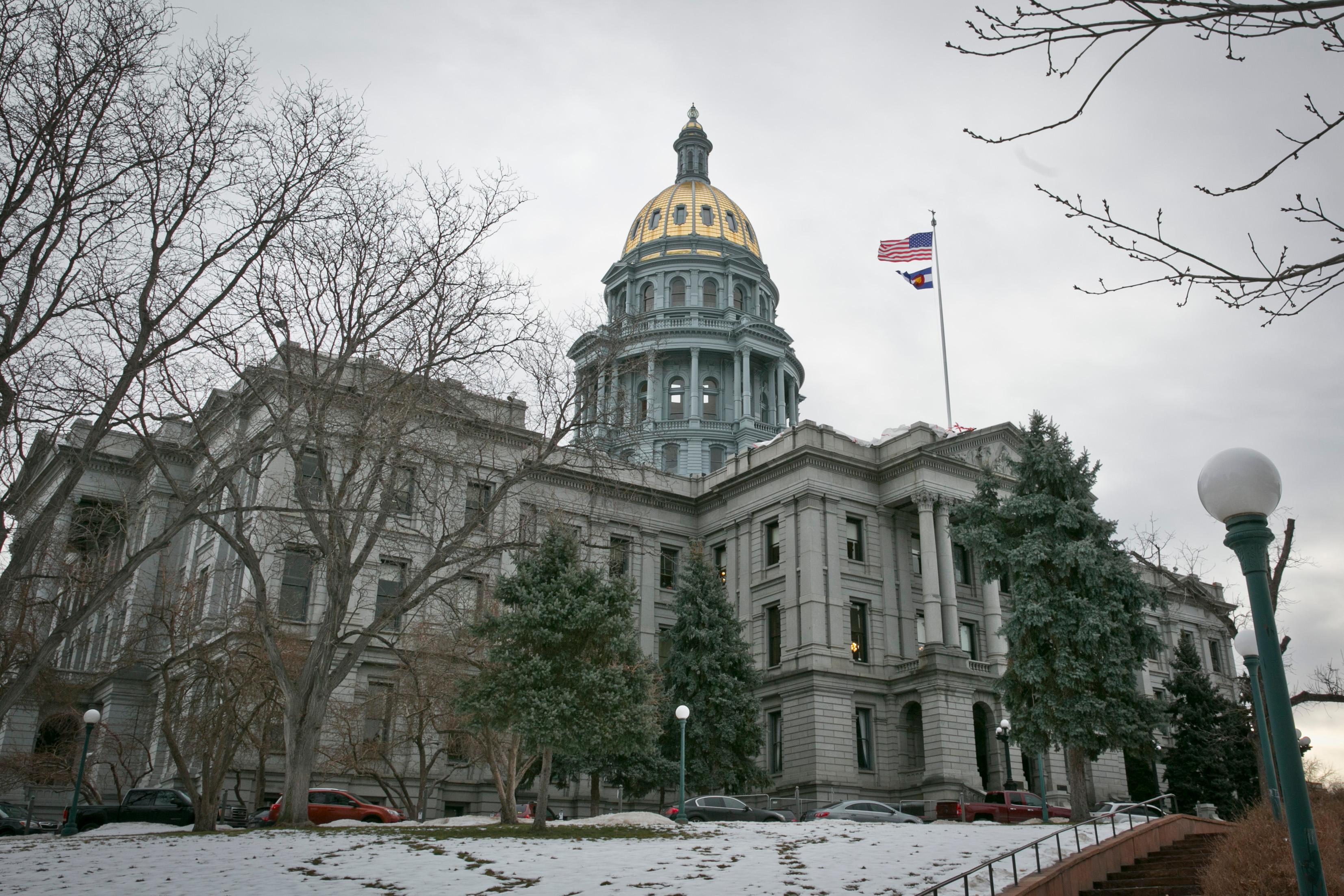
A bipartisan group of state lawmakers wants a little budget help as Colorado tackles the opioid epidemic. There are five different measures on the table for the next state budget, including money for housing assistance for people coming out of recovery.
The proposed cost is nearly $17 million.
“While the amount that we're fighting for might seem like a lot, the estimated cost is $750 million to $1 billion a year in Colorado alone,” said Democratic state Sen. Brittany Petterson from Lakewood, the chair of the Opioid and Other Substance Use Disorders Study Committee. “It doesn't mean that the work that we're doing is meaningless, but it is completely insufficient and we're doing what we can.”
Other ideas include continuing a seven day prescription limit for opioids and making it so mothers whose newborn babies test positive for drugs aren’t automatically charged with child abuse and neglect. The committee agreed to send a letter to Gov. Jared Polis and the Joint Budget Committee about the importance of the funding.
“We don't want to be in a position where we're fighting with other members on bills. We want to make this a priority,” Petterson said.
But finding room in the budget could be a tough sell, said Democratic Sen. Dominic Moreno of Commerce City. Moreno serves on both the opioid and budget committees.
“I don't disagree with the substance of the bills, the fiscal matters though, is something that we're going to have to figure out,” he said. “Many of these bills rely on the marijuana tax cash fund, which I can tell you right now is tapped out. There is no additional funding in that fund. And so, in addition to sending a letter, which I think, obviously is helpful, I think what's slightly unfair is to just lay this issue at the hands of the Joint Budget Committee.”
He said other programs that get money from the marijuana tax cash fund would need to be cut.
If all of the committee’s proposed bills on opioid addiction and recovery don’t make it into the next state budget, some saw a silver lining in the possibility of national opioid settlement money from manufacturers of the drugs.
“I submit to you that sooner rather than later there will be a large amount of money, maybe not in this next fiscal year, but a payment going forward,” said Republican Sen. Kevin Priola of Henderson. “And I would much rather as a policymaker, have our ducks in a row for tweaks to policy.”
Priola added that he didn’t want to be reactionary, “and trying to scramble and figure out ways to spend settlement money and having all the other folks with other good ideas for their pet projects race in and use that money.”









